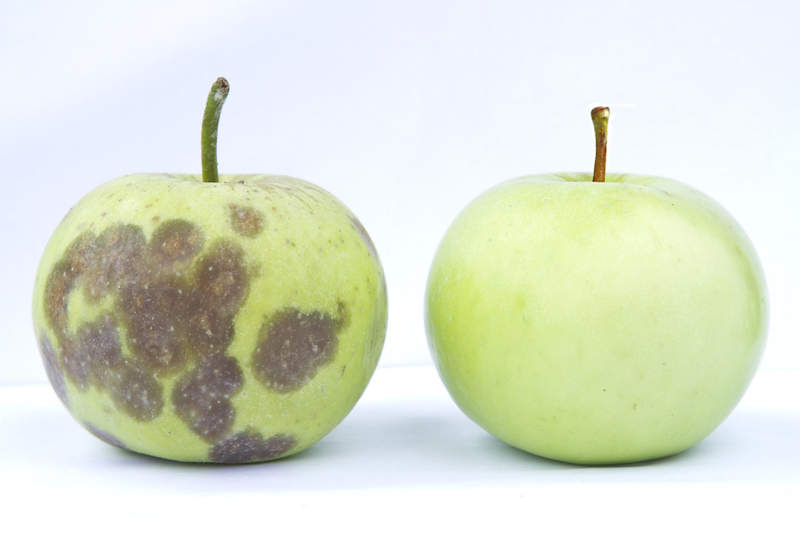
A research team at the Garvan Institute of Medical Research in Australia has discovered that certain cells in the immune system that are ‘silenced’ by the body can be reactivated against disease-causing microbes.
The cells are suppressed as they produce antibodies that attack the body’s tissues, leading to autoimmune diseases.

Discover B2B Marketing That Performs
Combine business intelligence and editorial excellence to reach engaged professionals across 36 leading media platforms.
However, the research revealed that the cells can be ‘redeemed’ and then activated when the body is faced with a disease threat that other immune cells cannot tackle.
In a preclinical model, researchers observed that each of these cells rapidly gain DNA alterations in the antibody gene when the cells are reactivated.
The changes result in the production of ‘good’ antibodies that can tackle even difficult microbes such as HIV and campylobacter.
Garvan Institute immunology division associate professor Daniel Christ said: “We’re excited about the impact of this new understanding on vaccine development.

US Tariffs are shifting - will you react or anticipate?
Don’t let policy changes catch you off guard. Stay proactive with real-time data and expert analysis.
By GlobalData“Our findings indicate that there’s a whole class of B cells out there, the silenced B cells, that might be accessible for vaccine development, and that have so far largely been ignored.”
Researchers found that three DNA changes were enough to transform the antibodies to be effective against a disease.
Subsequently, two additional changes will be made to the antibodies to improve their ability to selectively bind to a region that is present only on foreign molecules.
Christ added: “Crucially, the antibodies made by redeemed cells are by no means a fall-back option.
“In fact, our findings show the opposite – that tweaking ‘bad’ antibodies can make even more powerful antibodies than those developed through established pathways.”




